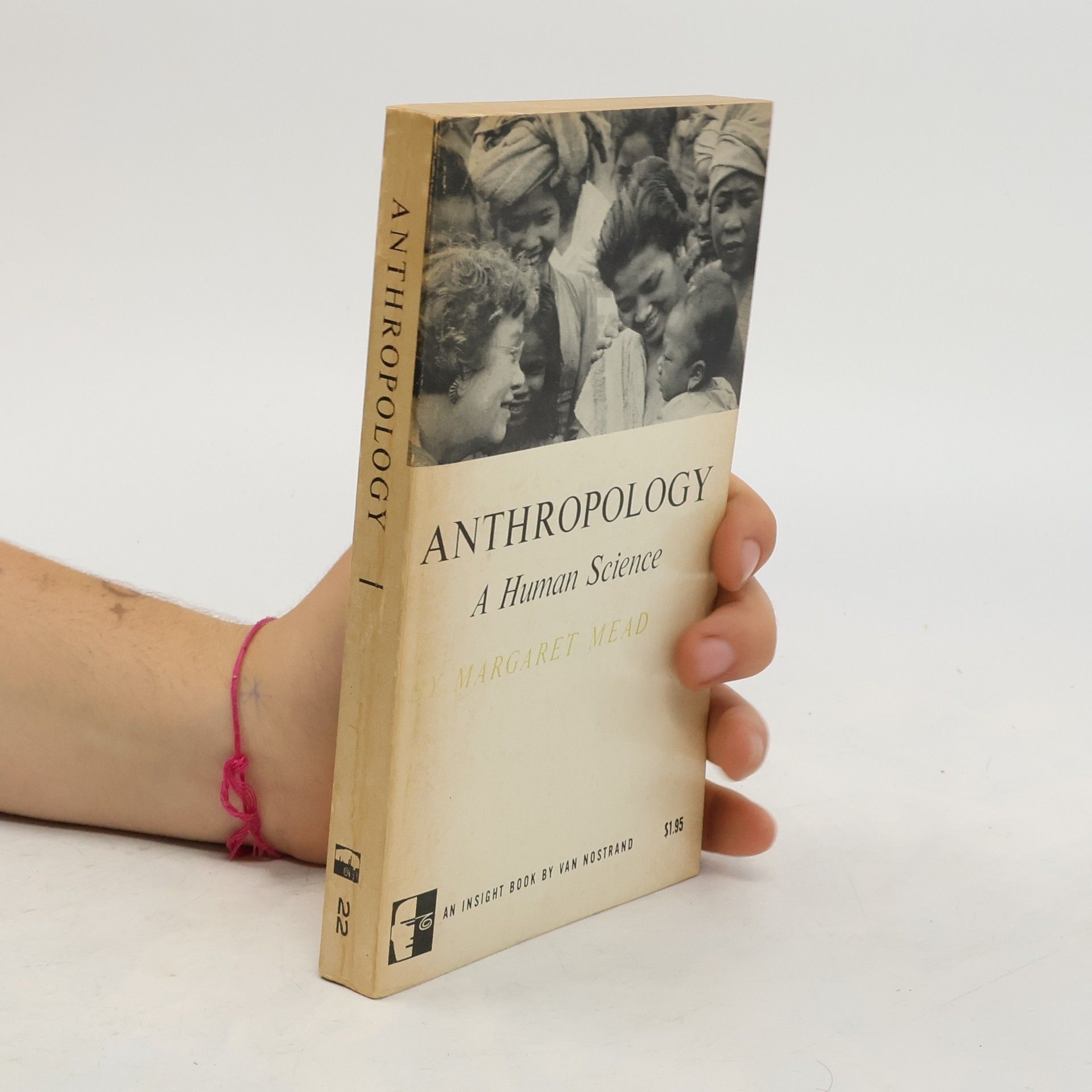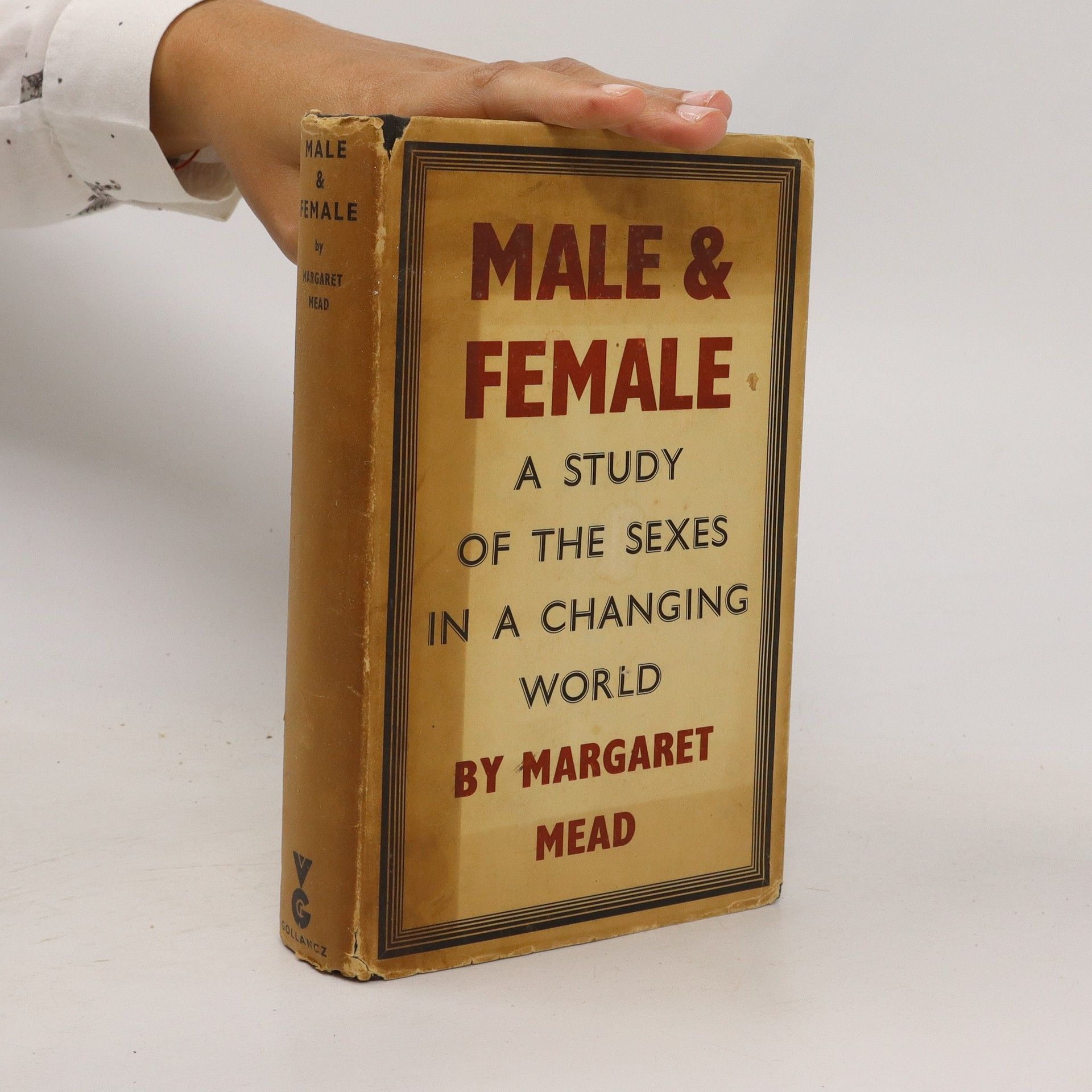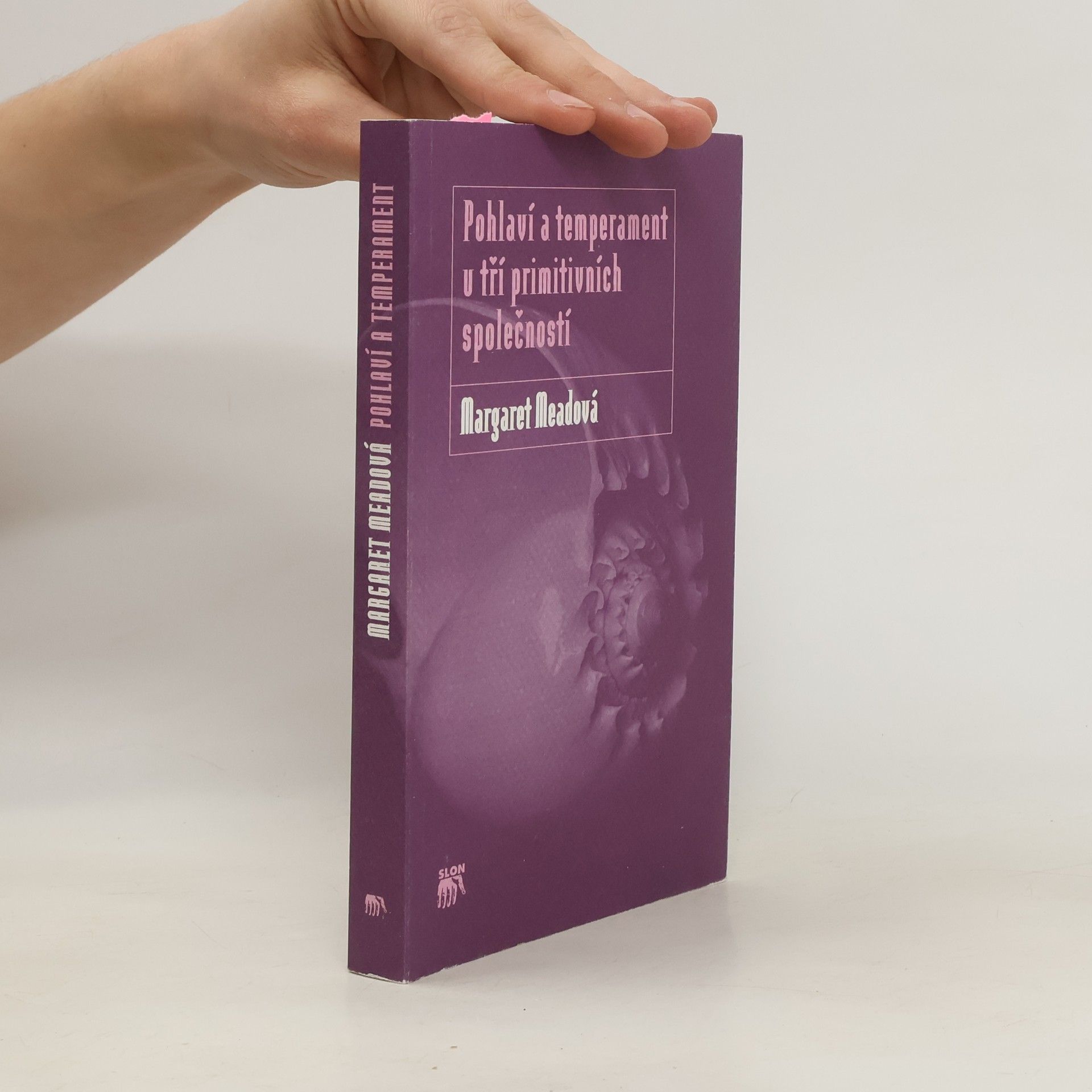Margaret Mead Livres
Margaret Mead était une anthropologue culturelle américaine, fréquemment présente dans les médias de masse en tant que vulgarisatrice des idées anthropologiques pour la vie occidentale moderne. Elle défendait des mœurs sexuelles élargies dans le contexte de la vie religieuse occidentale. Ses rapports sur la prétendue attitude saine envers le sexe dans les cultures traditionnelles du Pacifique Sud et de l'Asie du Sud-Est ont largement influencé la « révolution sexuelle » des années 60. Bien qu'académicienne respectée, son travail a finalement été, et de manière controversée, remis en question.

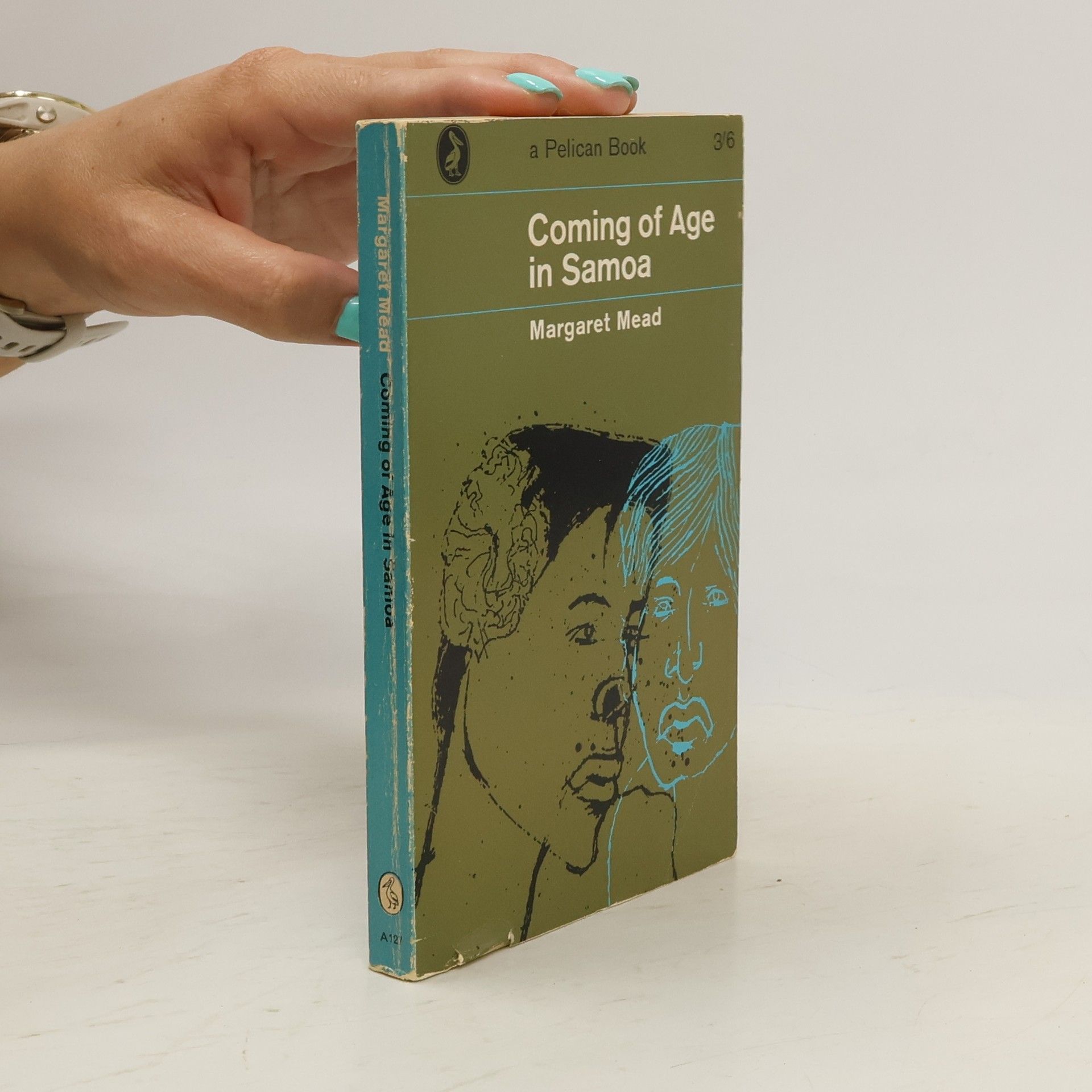
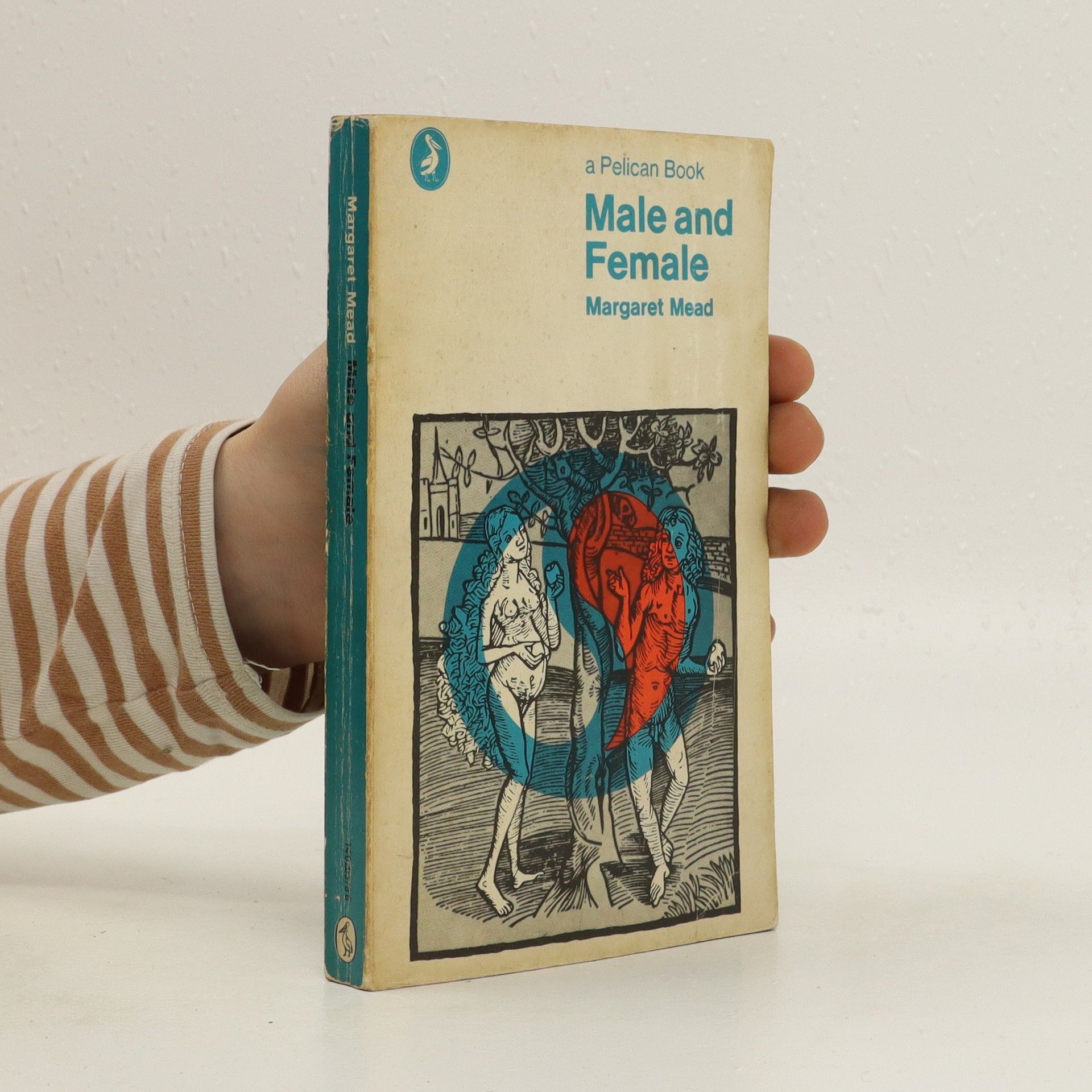

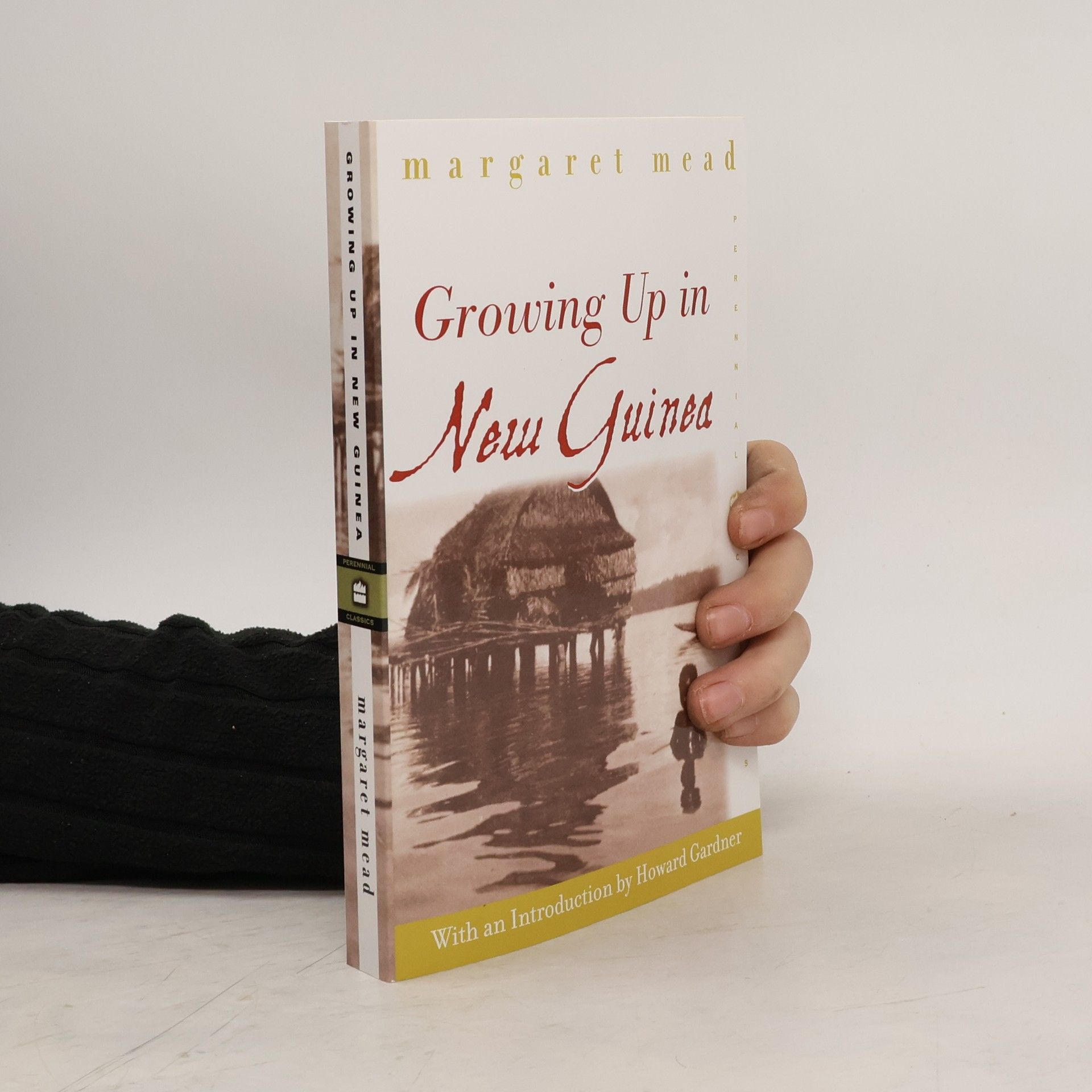
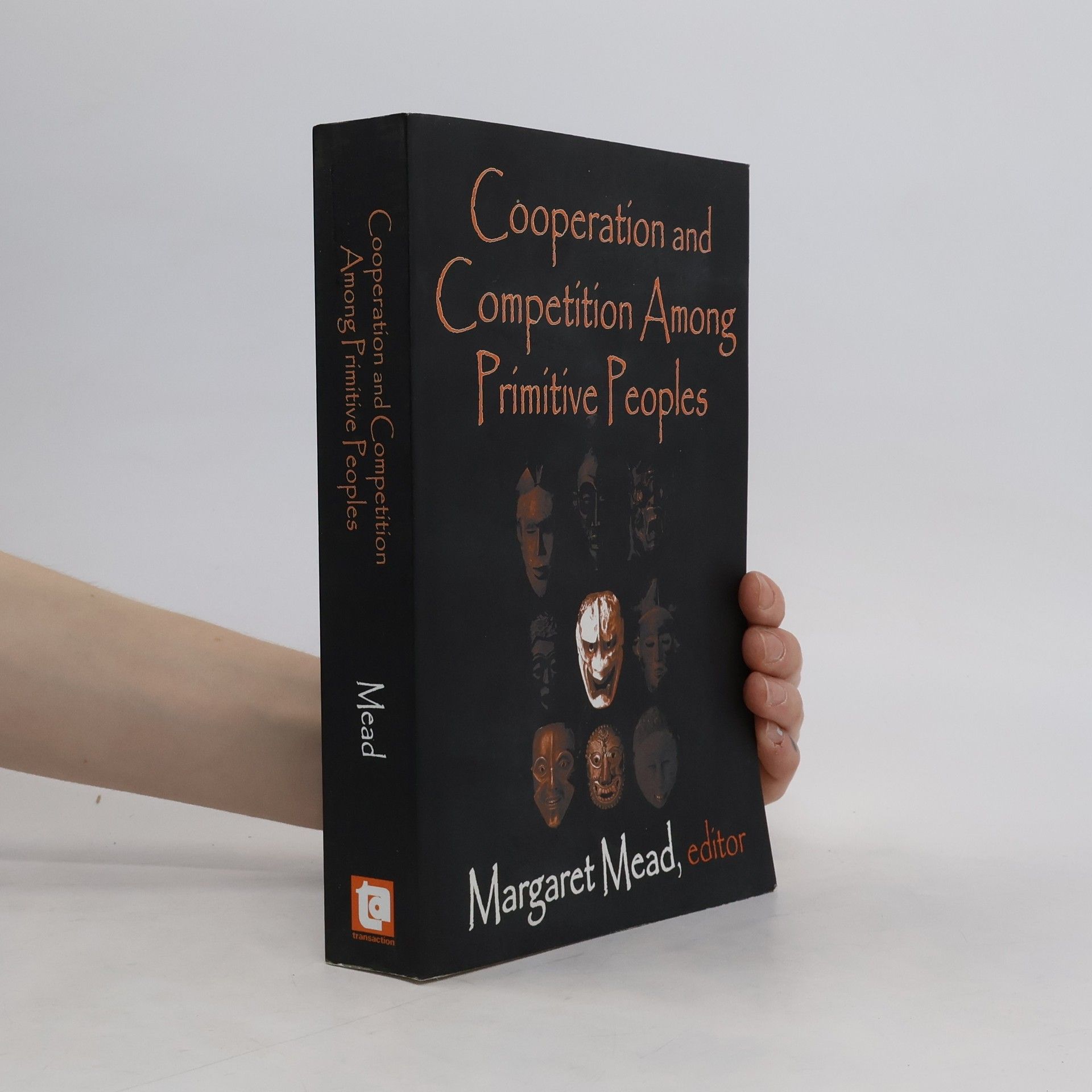
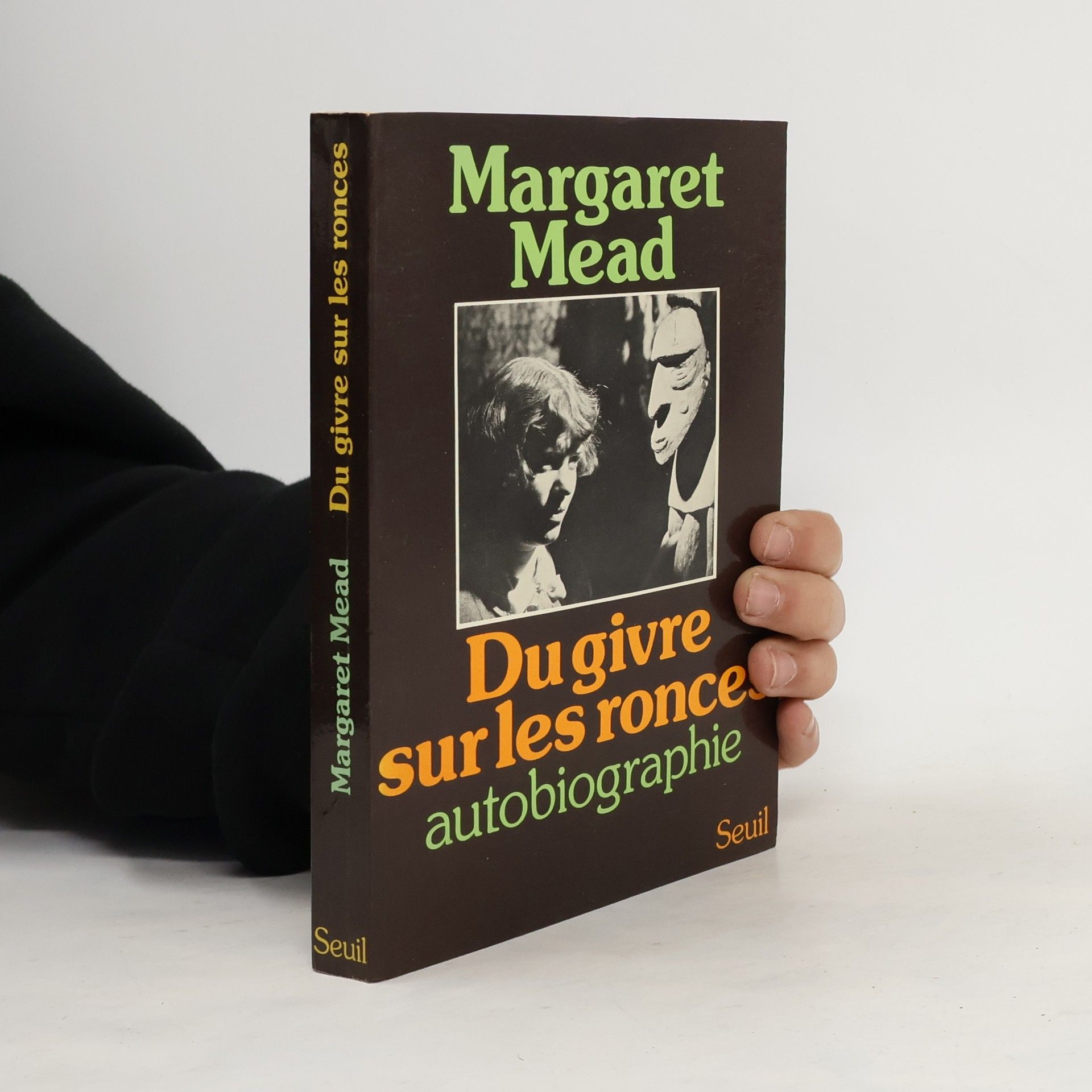
Cooperation and Competition Among Primitive Peoples
- 576pages
- 21 heures de lecture
Focusing on cultural relativism, this collection of essays offers a framework for future ethnological surveys in anthropology. It aims to deepen understanding and provide a basis for planning research within contemporary society. The assembled statements serve as a guide for scholars looking to explore and analyze cultural contexts more effectively.
Margaret Mead's exploration of the Manus people in New Guinea reveals their family dynamics, views on sex, marriage, child-rearing, and spirituality during a transformative period in 1928. Living in a remote fishing village, she documented a culture untouched by modern influences, drawing parallels to contemporary Western society. This reissue, celebrating her centennial, includes introductions by Howard Gardner and her daughter, Mary Catherine Bateson, highlighting its significant anthropological contributions and the vivid portrayal of a lost way of life.
Patterns of Culture
- 320pages
- 12 heures de lecture
For more than a generation, this pioneering book has been an indispensable introduction to the field of anthropology. Here, in her study of three sharply contrasting cultures, Benedict puts forward her famous thesis that a people's culture is an integrated whole, a "personality writ large." Includes a preface from Margaret Mead.
The book offers a profound exploration of gender dynamics through the lens of renowned anthropologist Margaret Mead. It provides insightful analysis relevant to contemporary discussions on the battle of the sexes. The new introduction by Helen Fisher, Ph.D., enhances its relevance, connecting Mead's findings to modern societal issues. This classic work remains a vital resource for understanding the complexities of gender roles and relationships.
Rarely do science and literature come together in the same book. When they do -- as in Charles Darwin's On the Origin of Species, for example -- they become classics, quoted and studied by scholars and the general public alike.Margaret Mead accomplished this remarkable feat not once but several times, beginning with Coming of Age in Samoa. It details her historic journey to American Samoa, taken where she was just twenty-three, where she did her first fieldwork. Here, for the first time, she presented to the public the idea that the individual experience of developmental stages could be shaped by cultural demands and expectations. Adolescence, she wrote, might be more or less stormy, and sexual development more or less problematic in different cultures. The "civilized" world, she taught us had much to learn from the "primitive." Now this groundbreaking, beautifully written work as been reissued for the centennial of her birth, featuring introductions by Mary Pipher and by Mead's daughter, Mary Catherine Bateson.
The book details Margaret Mead's eight-month study of the Mountain Arapesh people in Papua New Guinea during 1931-1932. It explores their unique culture characterized by simplicity, sensitivity, and a strong sense of cooperation among community members. Mead's observations provide valuable insights into the social dynamics and values of the Arapesh, highlighting their distinct way of life in contrast to Western norms.
The substance of this book was given as the Jacob Gimbel lectures in sex psychology under the auspices of Stanford University and the University of California, San Francisco, California, November, 1946.
Pohlaví a temperament u tří primitivních společností
- 356pages
- 13 heures de lecture
Dílem o pohlaví a temperamentu se uzavírá i vrcholí oceánský, „jihomořský“ cyklus, trilogie, jež z Meadové učinila jednou provždy nejen autoritativní antropologickou osobnost, nýbrž otevřela cestu i k mediální, veřejné dimenzi své autorky. Tato práce je zkoumáním, jak tři primitivní společenství seskupují své sociální postoje podle temperamentu (tedy podle rysů připsaných každému pohlaví jako příslušně „maskulinních“ nebo „femininních“), aby nakonec vyústila v často citovaný ultrarelativistický závěr, že mnohé, ne-li všechny osobnostní rysy, ať už mužské, nebo ženské, jsou s pohlavím spojeny právě tak málo jako oděv, mravy nebo pokrývka hlavy.
